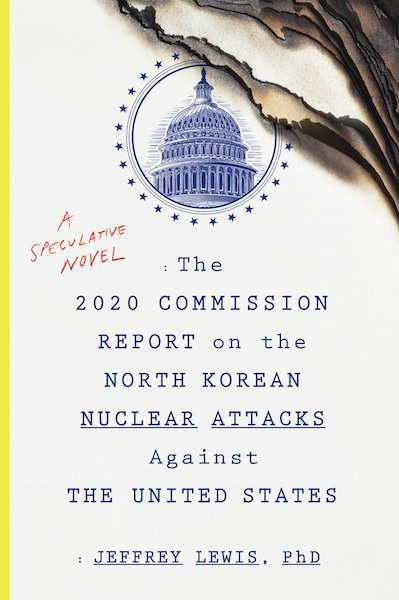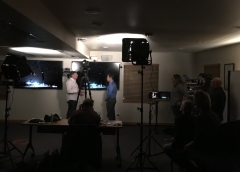Institute Team Locates Site of Covert North Korean Uranium Enrichment
| by Eva Gudbergsdottir
A team of researchers at the Middlebury Institute’s James Martin Center for Nonproliferation Studies has located the likely site of North Korea’s covert uranium enrichment plant using open source information.





